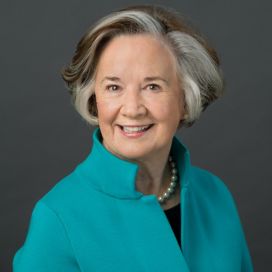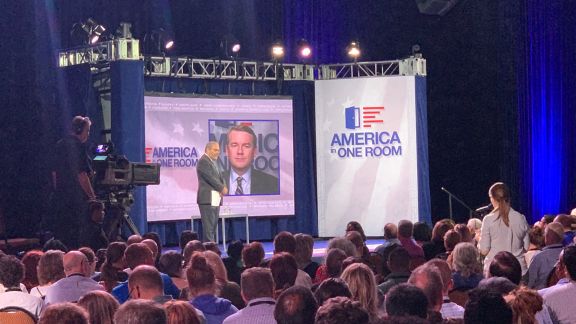College Ranking Systems Assessment

Problem
College rankings are popular but suffer from many methodological issues that are not well understood.
Prospective students and their families use college rankings to navigate their higher education options. Rising tuition and fees have made the college decision more fraught. Recently, the major college ranking providers have revised their methodologies to reflect costs and other considerations. These revisions raise important questions about the precise qualities the rankings aim to measure.
Solution
NORC conducted a methodological review of various college ranking systems.
Vanderbilt University asked NORC to produce a report evaluating the methodological validity of five major college ranking systems.
Drawing on well-established social scientific concepts like “construct validity,” the report identifies many issues in the conceptualization and construction of college ranking lists and offers methodological improvements that might address these shortcomings.
Result
NORC's findings may help students use college rankings more effectively and inform improvements to the rankings themselves.
The aim of this report is to inform consumers of these rankings—including college-going students, their parents, and college leaders—of the limitations of existing college ranking systems. Findings from this project will guide the development of improved systems for informing college-goers.
Related Tags
Project Leads
-
Susan Paddock
Executive Vice President & Chief ScientistPrincipal Investigator -
Soubhik Barari
Research MethodologistProject Director -
Debra W. Stewart
Senior FellowAdvisor -
Norman Bradburn
Distinguished Senior FellowAdvisor










